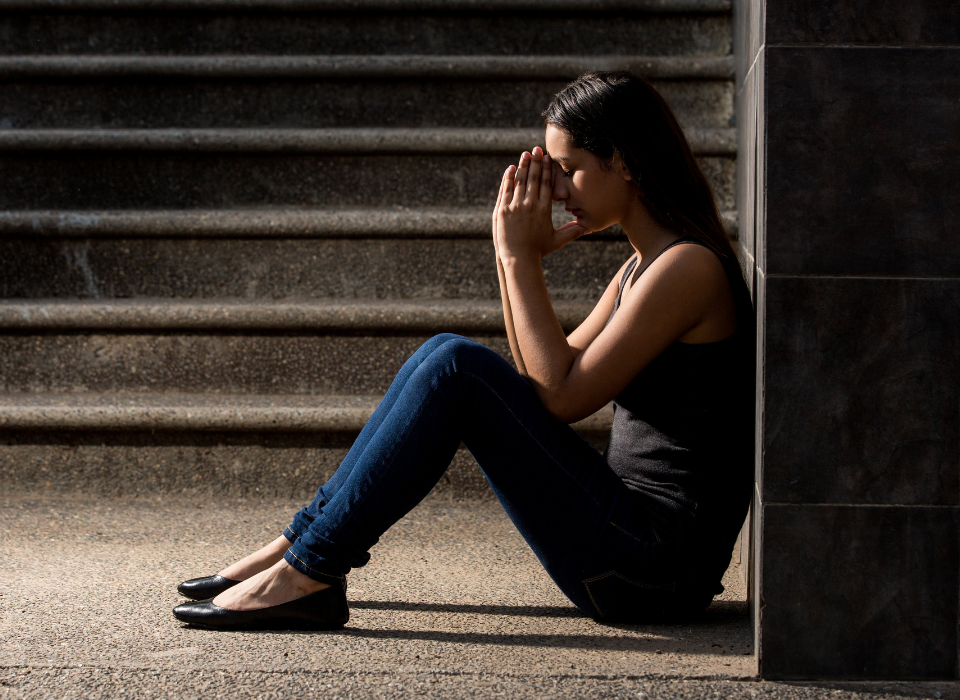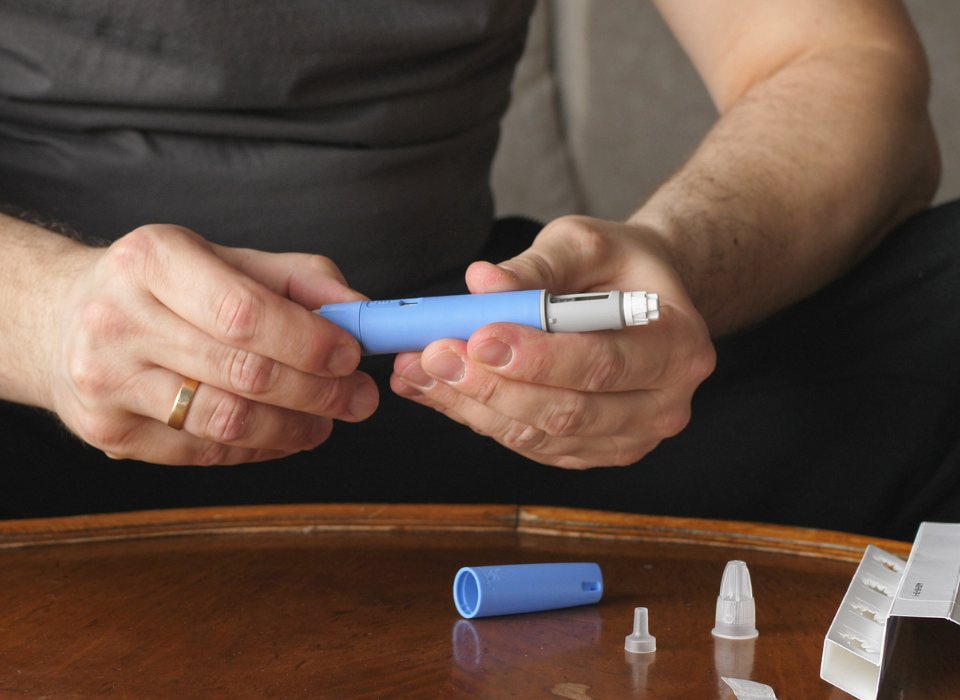
Is Bulimia Genetic? Understanding the Roots of This Eating Disorder
July 15, 2025
Breastfeeding and Mental Health: How Nursing Impacts a Mother’s Emotional Wellbeing
August 4, 2025
Bulimia nervosa is often misunderstood as simply an unhealthy relationship with food or body image, but the reality is far more serious. For those wondering, can you die from bulimia?—The answer is yes. Bulimia is not only a dangerous mental health condition, but it also poses very real and severe physical risks that can result in death if left untreated. The cycle of bingeing and purging that defines bulimia affects nearly every organ in the body and can have lasting, even fatal, consequences.
In this blog, we’ll explore why bulimia is dangerous, the bulimia complications that contribute to mortality, and the statistics around the bulimia death rate to help shed light on just how severe this disorder truly is.
Understanding Bulimia and Its Physical Toll
Bulimia nervosa is characterized by episodes of excessive food intake (bingeing) followed by attempts to eliminate the calories consumed, usually through vomiting, excessive exercise, fasting, or misuse of laxatives or diuretics (purging). While the emotional pain and distorted self-image often draw the most attention, the physical strain bulimia places on the body is profound.
Each time a person purges, their body loses essential nutrients, electrolytes, and fluids. Over time, this imbalance can lead to damage in the heart, kidneys, digestive system, and brain. These complications aren’t just discomforts—they can be fatal.
Life-Threatening Bulimia Complications
Let’s take a closer look at the specific bulimia complications that can lead to death if left unaddressed:
1. Electrolyte Imbalance and Cardiac Arrest
One of the most dangerous complications of bulimia is an electrolyte imbalance, particularly low potassium levels (hypokalemia). Potassium is essential for normal muscle function, including the heart. When potassium levels drop too low, it can lead to irregular heartbeats (arrhythmias), which can escalate to sudden cardiac arrest. Many people have died from bulimia due to this very issue, and it’s one of the most immediate threats associated with purging.
2. Esophageal Rupture
Repeated self-induced vomiting puts extreme strain on the esophagus. Over time, this can lead to inflammation, ulcers, or in rare cases, rupture. A ruptured esophagus is a medical emergency that can lead to internal bleeding and death if not treated immediately.
3. Gastrointestinal Damage
Chronic bulimia damages the digestive tract. The stomach lining may erode, causing bleeding ulcers. Constipation, bloating, and slowed digestion are also common, particularly in those who misuse laxatives.
4. Kidney Failure
The use of diuretics and dehydration from vomiting can impair kidney function. In severe cases, kidney failure can occur, especially when the body is continually pushed into a state of imbalance without time to recover.
5. Mental Health Crisis
While physical complications often receive the spotlight, mental health plays a crucial role in bulimia’s lethality. Depression, anxiety, and suicidal ideation are highly prevalent in individuals with bulimia. Suicide is a leading cause of death among those with eating disorders.
Bulimia Death Rate: What the Numbers Say
The bulimia death rate is alarmingly high for a mental health disorder. According to research, bulimia has a mortality rate of approximately 3.9%, though this number may vary based on the length and severity of the illness. For comparison, that rate is higher than many other psychiatric disorders.
Importantly, the cause of death isn’t always directly from physical complications—suicide contributes to a significant portion of bulimia-related deaths. This underscores the importance of addressing both the psychological and physiological aspects of the disorder.
Is Bulimia Dangerous? Yes—And Recovery Is Crucial
So, is bulimia dangerous? Without a doubt. The effects of bulimia are not simply cosmetic or emotional—they are intensely physical, and they can kill. The shame and secrecy often associated with bulimia may delay someone from seeking help, but early intervention significantly improves outcomes and can quite literally save lives.
Treatment for bulimia usually involves a combination of medical care, nutritional counseling, and psychotherapy. In more severe cases, inpatient or residential treatment may be required to stabilize the individual physically and mentally. Family support and long-term outpatient care are also essential in maintaining recovery.
A Final Word: You’re Not Alone
If you or someone you know is struggling with bulimia, it’s essential to know that help is available. Asking “Can you die from bulimia?” is not just a curious question—it’s a sign of concern that deserves immediate attention. Whether you’ve noticed the warning signs in yourself or a loved one, reaching out to a doctor, therapist, or specialist for eating disorders can be the first step toward healing.
Bulimia is a serious illness—but with the proper support and treatment, recovery is not only possible, it’s life-saving.
_________________________________________________________________________________
Looking for treatment for an eating disorder, anxiety, depression, trauma, or postpartum mood disorder?
Evolve Counseling Services is a specialized team of Licensed Therapists providing treatment in Paoli.



